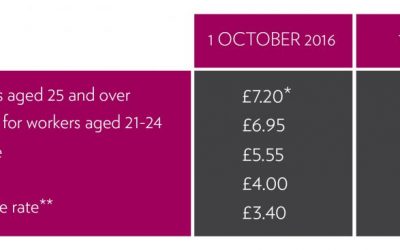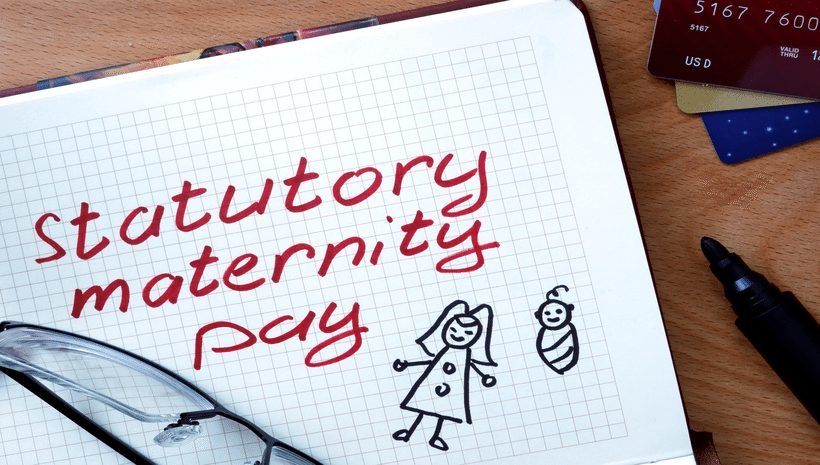PayrollAbility Blog
Payroll topics in detail – Help and support as you need it
Employment Allowance 2016/17 – Changes in Eligibility
Employment Allowance was launched on 06th April 2014. The idea of Employment Allowance is to support small businesses by giving relief on Employers Class 1 National Insurance Contributions up to £2000.00 in the 2014/15 tax year. The allowance has increased to £3000.00...
National Living Wage – What is it and How Does it Affect You as an Employer?
The National Living Wage came into effect on April 1st 2016. It doesn't need saying that there is clear advantage to employees, there's an hourly rate increase of £0.50p per hour if you're currently earning the minimum wage are 25 or over. Those on zero hour...
Employing a Carer? Employed or Self-Employed? Here’s How to Work It Out.
Needing Carer support in your own home can be a challenging and difficult decision to come to. You then have to find someone that fits with your needs and who's personality is right for you. There are a million and one things to think about, and how to pay them is on...
Statutory Maternity Pay and Leave
This week's Knowledge Nugget delves into the topic of Statutory Maternity Pay and Leave. For a small employer this can be a daunting process as there seem to be many calculations and rules to take into account. The blog below will help shed some light on the...
Is payroll really as dull and dreadful as I imagine it to be, or do you enjoy it?
I know it's probably means I'm certifiable, but I adore payroll. I love numbers and the rules that apply to them. During my career I have reconciled bank’s bank accounts, hundreds of thousands of pounds before their systems were automated. I have studied accountancy...
Zero Hours Contracts – The Facts
As a first time employer, you may be looking at whether a zero hours contract would benefit you and your business. This week's Knowledge Nugget outlines how a zero hours contract works for you and your employee, and 'Myth Busts' on many misunderstandings that...
My business is closing. How do I make my employees redundant?
Redundancy is defined as dismissing an employee because you no longer need anyone to do their job. Employees may be entitled to Statutory Redundancy Pay, however to be eligible they must: Be an employee working under a contract of employment Have at least 2 years’...
Why has my employee got an unusual tax code?
An employee may have a non-standard tax code for a number of reasons. Some of the more common are that they have a second job, have another income from a pension or something like rental income. They may have benefits from your job that they need to pay tax on, for...
What is the ‘National Living Wage’?
From 1st April 2016 the Government’s new National Living Wage becomes law. This means that any employee aged 25 and over is entitled to a minimum wage of £7.20 per hour. As an employer it is your responsibility to ensure that you are paying your staff correctly. The...
Struggling with Employee Lateness. What you can do?
Many things can lead to frequent or regular employee lateness, and may not necessarily be the effect of a tardy and disorganised employee. Initially a chat over coffee might be all that’s needed to deal with the issue. There may be a good reason why they’re struggling...
My new employees start mid-month. How do I calculate their pay?
Having employees start mid-month can be ideal if you’re really busy and desperate for help, but it can be a headache to work out how you should go about paying them. If your employee is paid ‘by the hour’ you will have already agreed the pay period, which may be...
Paying an Employee in Cash. Can I do this?
There is nothing to stop you paying an employee in cash if it works for your business. Many small businesses still handle quite a lot of cash, and it minimises the administration work and keeps banking costs down to reuse the cash in hand for wages. However, a...
Follow us on social media
36 Cavendish House
Kings Road
Brighton
BN1 2JH











